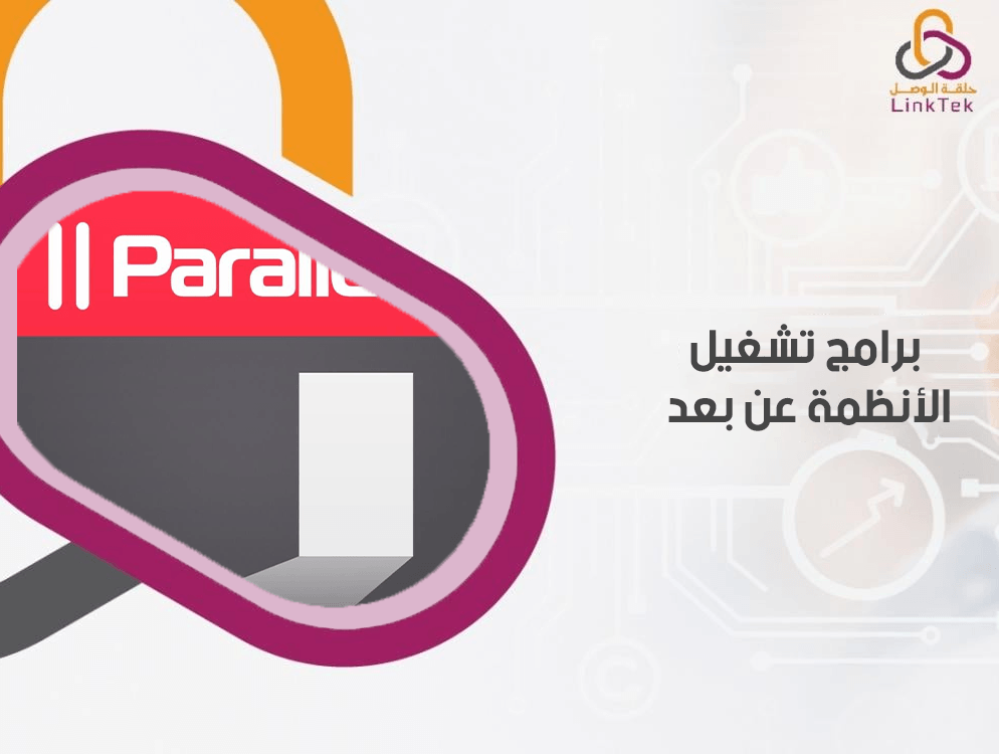
Today, remote system control and operation have become one of the most significant features of our modern era. This capability allows numerous organizations to conduct their business remotely, saving time and effort in managing systems individually. Therefore, all companies need remote system control programs to facilitate and manage their various operations. Here, we provide an overview of remote system control programs and how they work.
What are Remote System Control Programs?
These are programs that enable users to control multiple systems through smart applications that can be installed on mobile phones or personal computers. This allows users to manage many systems remotely. Examples include programs used for home management, work task management, vehicle device and application operation, health and nutrition programs, remote work applications, and various other applications.
Types of Remote System Control Programs
As mentioned earlier, the types of remote control systems vary depending on the place being managed. However, generally, the types of remote system control programs are as follows:
- Smart Home Control Systems: These control various aspects of home management, such as lighting, heating and cooling, home security, and door operations via mobile applications. Examples include Google's Thread, Apple's HomeKit, Google Home, Samsung's SmartThings, and other home management apps.
- Personal Operating Systems: These are used for managing remote communication systems and remote work. Examples include Microsoft Windows, macOS, and other systems that support remote work.
- Smart Mobile Device Operating Systems: These serve remote work and communication via smart mobile devices and the applications installed on them. Examples include iOS and Android programs.
- Wearable Medical Device Operating Systems: These are used to track health and fitness and measure various health indicators, such as body mass, step count, etc. Examples include WatchOS for Apple Watches and Wear OS for managing Android watches.
- Smart Car Device Operating Systems: These help control music playback, make voice calls, and perform other tasks remotely using voice commands. Examples include Android Auto and Apple CarPlay programs.
The Importance of Remote System Control Programs and Services
Remote system and service control programs are highly significant in simplifying and improving human life by offering the following benefits:
- Home Management: These programs help control home lighting, cooling, and heating devices remotely, aiding people with special needs and busy professionals who lack the time to manage different aspects of their homes. These applications provide the opportunity to control many home affairs remotely without the need to be physically present.
- Vehicle Control: Remote system programs in vehicles allow for the control of various features without distracting the driver or risking penalties for using a phone or playing music while driving. This provides the driver with the ease of controlling these features without having to stop driving.
- Health Services: In the healthcare sector, these programs offer numerous benefits, such as monitoring patients' vital signs, measuring blood pressure and diabetes remotely, tracking weight, body mass index, fat percentage, and calorie intake based on various remote programs and systems.
- Remote Work: These programs are crucial for remote work, providing employees with the opportunity to hold meetings, communicate between companies and individuals both domestically and internationally, and complete many tasks easily and efficiently without needing to expend much time and effort.
- Remote Education: Remote system programs are also significant in the field of remote education, giving students the chance to attend lessons, ask teachers about any difficult points, and allowing teachers to conduct various assessments of different subjects remotely.
From the above, it is evident that remote system control and service programs are essential for many aspects of life, particularly for individuals needing assistance, such as people with special abilities, and those who lack sufficient time to perform all their tasks. These systems also benefit many individuals by simplifying and facilitating work processes, thereby saving time and effort.

